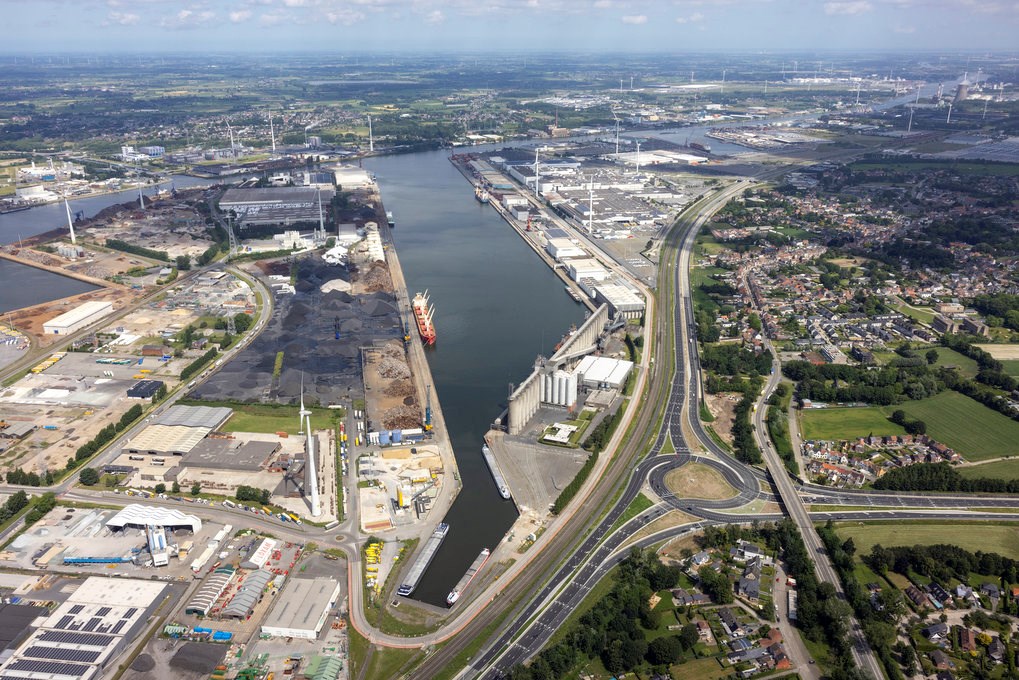Belgium – North Sea Port is set to acquire a share in Pipelink, a subsidiary of the Port of Antwerp-Bruges.
The collaboration between North Sea Port and Pipelink comes with a strategic focus on driving the modal shift and facilitating the energy transition. Pipelink, currently managing an extensive network of 750 kilometers of pipelines in Belgium, stands as a key player in the transport of various energy carriers. With North Sea Port becoming a minority shareholder through a capital increase, the partnership includes the three major Belgian port platforms—Antwerp, Ghent, and Zeebrugge—alongside Vlissingen and Terneuzen, forming a robust alliance for pipeline development.
Pipelink’s portfolio extends beyond conventional energy carriers, with a clear vision to develop pipeline networks dedicated to (green) hydrogen carriers such as ammonia, methane, and methanol. This aligns seamlessly with the global push towards hydrogen as a clean energy source and positions the collaboration as a pioneering force in advancing the hydrogen economy.
Connecting clusters
The proposed pipelines between the Zeebrugge and Antwerp port platforms, crossing through the Ghent port platform, hold the key to connecting major industrial clusters. This connection not only facilitates seamless operations between Ghent and Antwerp but also enhances the overall efficiency of the port operations. North Sea Port, as a shareholder of Pipelink, is poised to play a crucial role in facilitating and expediting the development of these ambitious pipeline projects.
Notably, Pipelink’s participation in the Antwerp@C project, focused on CO2 infrastructure development, aligns with North Sea Port’s ambition to establish the Ghent Carbon Hub. The synergy in these efforts positions the collaboration as a key player in fostering sustainable industrial practices.





